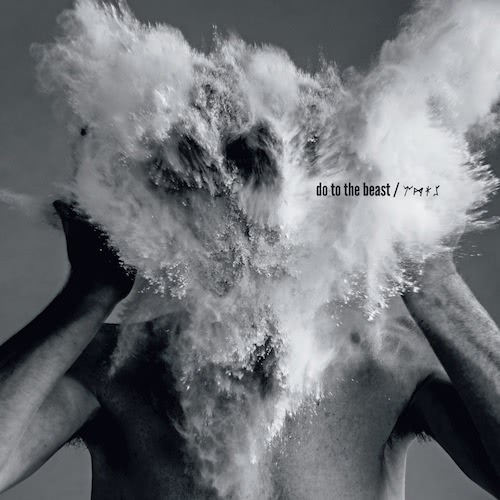Do To The Beast is The Afghan Whigs’ first album since 1998 and arrives after a highly successful reunion in 2012 (followed also by collaboration with Usher, of all things).
The Whigs protagonist Greg Dulli told Rolling Stone magazine that the mindset he took when writing this album was one of newfound freedom; he was going to “revisit sounds I used to like and mix them with sounds I’m exploring now”.
On the sounds front, original bassist John Curley is back, while the sonic exploration has seen Dulli recruit a varied cast including the soulful vocals of Van Hunt, hefty rock textures with members of the Raconteurs, Arctic Monkeys, and Queens Of The Stone Age, folk musicians, and Usher’s musical director, Johnny Natural.
While these sounds have been externalised, the lyrics are very much the inward embodiment of Dulli’s mind; an internal wander through the dim backstreets of broken dreams, crushed love, hate, loathing, fear, and even a detour through a whole town inflicted by the devil and death.
Dulli arrives at this Afghan Whigs album after two more personally driven projects – The Twilight Singers and Gutter Twins. When coupled with the enhanced encroachment of his age, these records reflect the dark lyrical episodes played out across Do To The Beast. ‘It Kills’ is a prime example of this introspection, with the couplet, “Over and over I get to know myself / Over and over there ain’t nobody else”.
Right from the storming opener ‘Parked Outside’, Do To The Beast is a harrowing and gripping album. The ten tracks convey Dulli’s both inner and imagined demons with a density that is almost visually compelling as it rides alongside the sharp despair of the vocals. This is a big, dark, and powerful record that adds its weight to an already accomplished and acclaimed discography.
Listen to ‘The Lottery’ from Do To The Beast here:
Love Music?
Get your daily dose of metal, rock, indie, pop, and everything else in between.


































